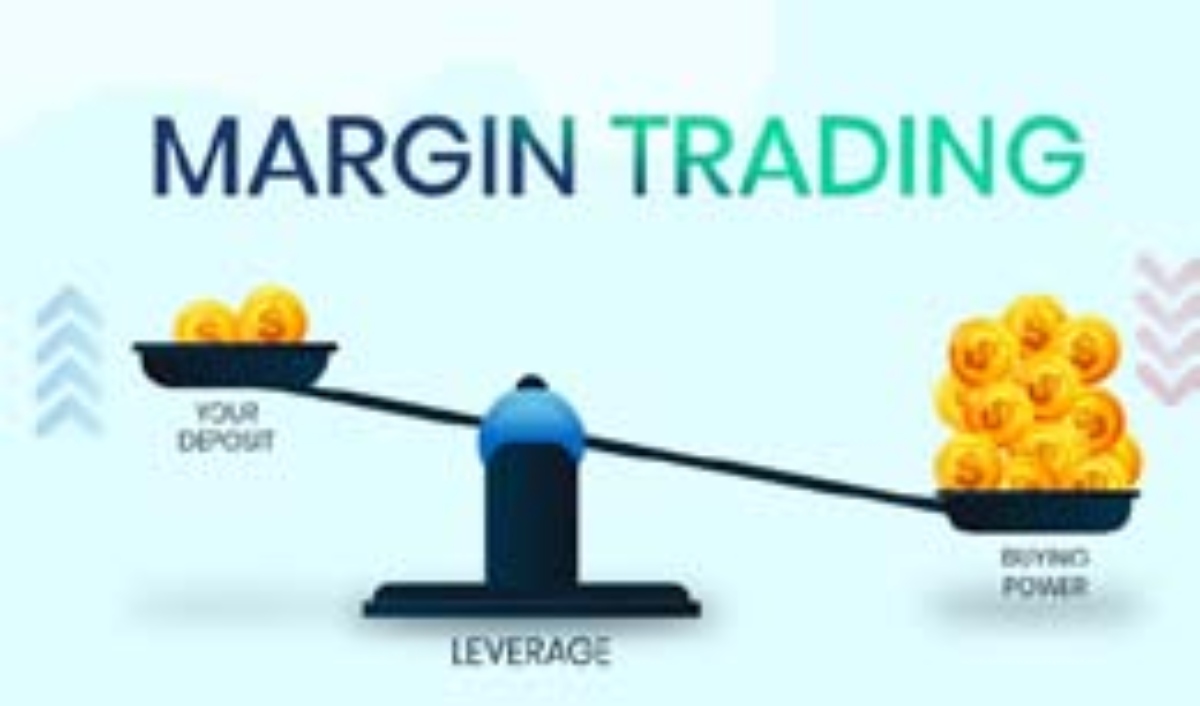What is MTF (Margin Trading Facility) in the Stock Market: An Essential Guide

Margin Trading Facility (MTF) is a powerful tool that allows investors to leverage their investments in the stock market. It enables traders to buy more shares than they could with their own funds by borrowing capital from brokers. This facility provides an opportunity for traders to amplify their returns but also comes with significant risks. In this blog, we will explore what MTF is, how it works, its benefits and risks, and tips for using it wisely.
What is MTF in the Stock Market?
Margin Trading Facility, commonly referred to as MTF, is a financial service offered by brokers that enables investors to borrow funds to buy stocks or other financial instruments. Essentially, it allows traders to use their existing stocks as collateral to borrow funds from the broker. This borrowed amount can then be used to make larger trades than what the trader’s capital alone would permit.
Also Read: Emergency Fund vs Personal Loan: What’s the Best Choice for Urgent Financial Needs?
How Does MTF Work?
1. Opening an MTF Account
To use MTF, investors must open a special account with a broker offering this facility. The broker will perform a due diligence check on the investor’s creditworthiness.
2. Margin Requirements
Once the account is opened, the investor needs to deposit an initial margin—usually a percentage of the total value of the shares they intend to purchase. This margin serves as collateral.
3. Borrowing Limit
Depending on the broker and the investor’s profile, a specific percentage (up to a certain limit) of the stock value can be borrowed.
4. Interest Rates
Interest is charged on the borrowed amount. These rates can vary significantly between brokers and may fluctuate with market conditions.
5. Repayment
Investors are required to repay the borrowed amount plus interest by a specified date. The borrowed shares serve as collateral, and failure to repay could lead to the sale of these shares by the broker.
Benefits of MTF
- Leverage Opportunities: MTF allows investors to take larger positions in the market, potentially amplifying returns on successful trades.
- Diversification: With access to more capital, traders can diversify their portfolio, investing in multiple stocks or sectors that might be otherwise unaffordable.
- Market Participation: It enables participation in high-value stocks or markets where only a small fraction of the total investment is required upfront.
- Short Selling: MTF allows investors to borrow shares to short sell, which can be profitable if the market is trending downward.
Risks of MTF
- Risk of Margin Calls: Since MTF involves borrowing, there is a risk of margin calls if the value of the borrowed stocks decreases. Investors may be required to deposit additional funds to maintain their position.
- Interest Costs: The cost of borrowing can be high, especially if the position is held for an extended period.
- Loss of Capital: If the market moves against the investor’s position, there’s a risk of substantial loss—potentially greater than the original capital invested.
- Collateral Issues: If the stock values drop significantly, the broker may sell the borrowed shares to recover the funds, leading to losses.
Tips for Using MTF Wisely
- Research Thoroughly: Understand the stocks and the market conditions. MTF is not suitable for all investors, especially those with limited knowledge of market dynamics.
- Set Clear Limits: Establish strict stop-loss orders to limit potential losses and prevent margin calls.
- Diversify: Avoid concentrating all investments in a single sector or stock. Diversification can mitigate risk.
- Understand the Terms: Know the interest rates, repayment deadlines, and the specific terms of your MTF agreement with the broker.
Conclusion
MTF can be a powerful tool for experienced traders looking to leverage their investments. However, it is crucial to approach it with caution due to the potential risks. By understanding the mechanics, benefits, and drawbacks, investors can make informed decisions and use MTF to their advantage. Always conduct thorough research and consider consulting a financial advisor before engaging in margin trading.


